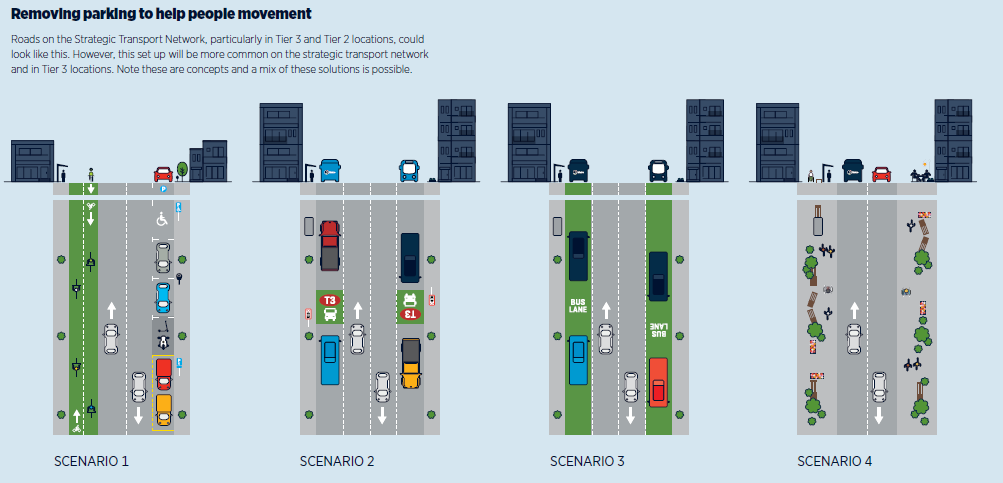To kickstart a conversation among Aucklanders about the future of parking across Tāmaki Makaurau, Auckland Transport (AT) has released the Parking in Auckland discussion document.
Parking in Auckland addresses why the 2015 Auckland Transport Parking Strategy needs to be updated, in response to substantial legislative and policy changes from the Government and Auckland Council which affect how cities are designed and built. AT must respond to these changes, as well as climate change goals set by Auckland Council.
AT Chair Adrienne Young-Cooper says the challenges being faced across the city with rising greenhouse gas emissions and the pressures associated with growth, safety and access are only going to become more significant.
“We also need to factor in changes to government policy, like the new National Policy Statement on Urban Development, which has removed minimum parking requirements,” Mrs Young-Cooper says.
“We could very easily see parts of our transport network being overwhelmed by simply using public roads for long term parking of private vehicles, exactly at the time we need to take a hard look at the precious space in our road corridors and ensure that it is shared between all transport modes.”

The amount of parking space on our roads affects how much is allocated for traffic, as well as bus and high occupancy vehicle lanes which have the potential to substantially improve the efficiency of roads.
Parking space on roads also affects nearby footpaths, cycleways, and even street trees. This means that on-street parking affects all Aucklanders, whether they own a car or not, with the costs and missed opportunities arising from parking paid for by ratepayers.
Research shows that on average, cars are parked 95 per cent of their lives and only driven five per cent of the time. AT Chief Executive Shane Ellison says as a result, cities require an enormous amount of land for parking, which isn’t the most efficient use of space.
“The supply and management of parking has a significant influence on travel choices and patterns,” Mr Ellison says.
“It can determine whether space on our roads is used to store parked private vehicles or whether that highly valuable and limited public space can be better used to help move people around Tāmaki Makaurau.”
Feedback on the discussion document will be used to help develop a draft Parking Strategy, which will be publicly consulted on next year.


